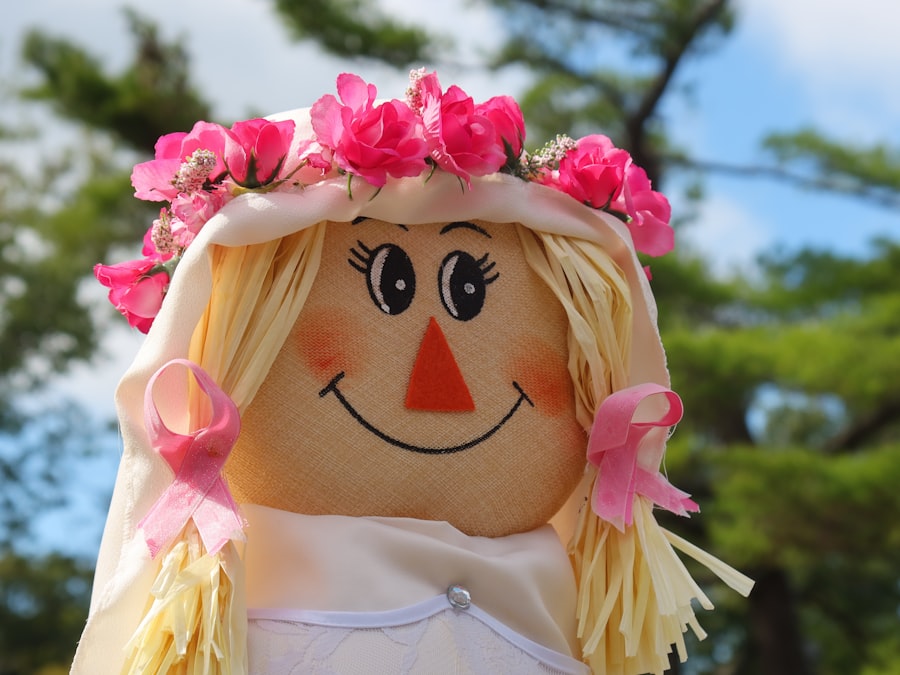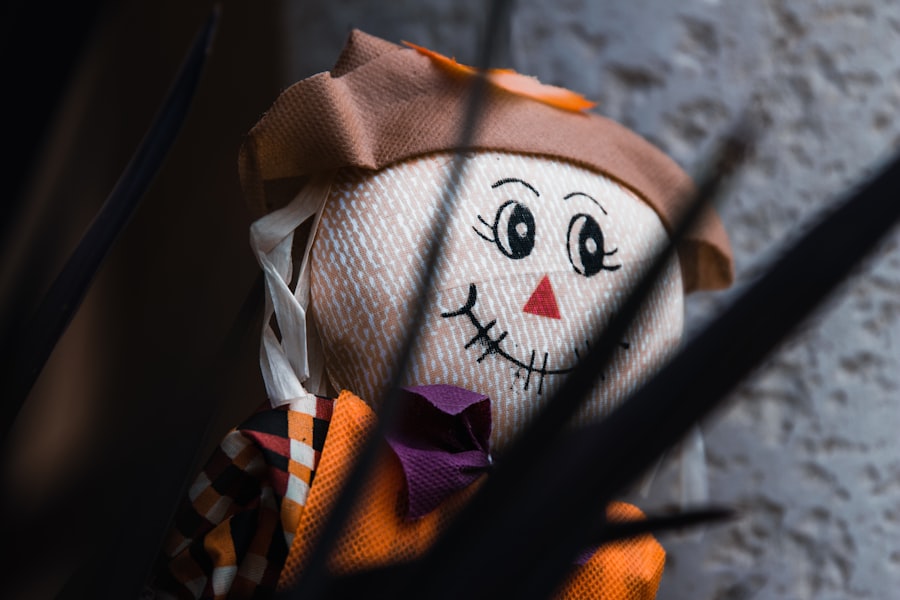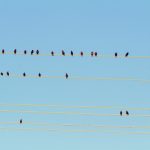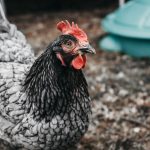Pigeons are highly adaptable birds found in urban, suburban, and rural environments worldwide. They thrive in diverse settings, including cities, parks, and farms. Known for their social nature, pigeons often travel in flocks, making them a common sight in many areas.
Their remarkable homing abilities allow them to return to roosting and nesting sites even when released at great distances. Pigeons are opportunistic feeders, consuming a variety of foods such as grains, seeds, fruits, and insects. These birds can become problematic when they roost or nest in undesired locations like buildings, attics, or barns.
Their droppings may cause property damage and pose health risks to humans and animals. Understanding pigeon behavior is crucial for effective management and deterrence from unwanted areas. By comprehending their habits and preferences, it is possible to implement strategies that discourage pigeons from specific locations.
Pigeons are creatures of habit, returning to the same roosting and nesting sites annually if undisturbed. Disrupting their routines and making these areas less appealing can be achieved through a combination of deterrents, repellents, scare tactics, and maintaining a clean environment. Knowledge of pigeon behavior enables effective management and deterrence from unwanted areas.
Table of Contents
- 1 Creating a Secure Chicken Coop
- 2 Implementing Deterrents and Repellents
- 3 Using Visual and Auditory Scare Tactics
- 4 Employing Natural Predators
- 5 Maintaining a Clean and Tidy Environment
- 6 Seeking Professional Help if Necessary
- 7 FAQs
- 7.1 What are some natural ways to keep pigeons away from chickens?
- 7.2 Are there any commercial products available to keep pigeons away from chickens?
- 7.3 Why is it important to keep pigeons away from chickens?
- 7.4 What are some signs that pigeons are causing problems for chickens?
- 7.5 How can I prevent pigeons from roosting in the chicken coop?
Key Takeaways
- Pigeons are attracted to areas with food and water, so understanding their behavior can help in deterring them from your property.
- A secure chicken coop with strong fencing and a covered roof can prevent pigeons from accessing the area and causing harm to the chickens.
- Implementing deterrents such as spikes, nets, and repellents can discourage pigeons from roosting and nesting in unwanted areas.
- Visual scare tactics like reflective objects and auditory scare tactics like loud noises can startle pigeons and make them avoid the area.
- Employing natural predators like hawks or falcons can help in keeping pigeon populations under control in a humane way.
- Keeping the environment clean and tidy by removing food sources and sealing off entry points can make the area less attractive to pigeons.
- If pigeon infestation becomes overwhelming, seeking professional help from pest control experts can provide effective and long-term solutions.
Creating a Secure Chicken Coop
Securing the Coop
To prevent pigeons from entering the chicken coop, it is important to ensure that the coop is secure and free from any openings that pigeons could use to gain access. One way to create a secure chicken coop is by using wire mesh or hardware cloth to cover any openings such as windows, vents, or gaps in the walls. This will prevent pigeons from entering the coop while still allowing for proper ventilation.
Maintenance and Cleanliness
It is also important to ensure that the coop is well-maintained and free from any debris or food scraps that could attract pigeons. By keeping the coop clean and free from attractants, it is possible to discourage pigeons from roosting or nesting in the area.
Providing a Safe Outdoor Area
In addition to securing the coop, it is also important to provide a safe outdoor area for the chickens to roam. This can be achieved by using fencing or netting to create a secure outdoor run for the chickens. By providing a secure outdoor area, it is possible to prevent pigeons from accessing the chickens and their feed.
Implementing Deterrents and Repellents

Implementing deterrents and repellents is an effective way to discourage pigeons from roosting or nesting in unwanted areas. There are a variety of deterrents and repellents available that can be used to discourage pigeons from specific locations. One common deterrent is the use of bird spikes, which can be installed on ledges, windowsills, and other flat surfaces where pigeons may roost.
Bird spikes make it difficult for pigeons to land and roost in these areas, effectively discouraging them from staying in the area. Another effective deterrent is the use of bird netting, which can be used to cover large areas such as gardens, fruit trees, or outdoor seating areas. Bird netting creates a physical barrier that prevents pigeons from accessing these areas, making them less appealing for roosting or nesting.
In addition to physical deterrents, there are also a variety of repellents available that can be used to discourage pigeons from specific locations. These include visual repellents such as reflective tape or scare eye balloons, as well as auditory repellents such as ultrasonic devices or predator calls. By implementing deterrents and repellents, it is possible to effectively discourage pigeons from roosting or nesting in unwanted areas.
These methods create an environment that is less appealing to pigeons, making them more likely to seek out alternative roosting and nesting sites. By using a combination of physical deterrents and repellents, it is possible to effectively manage and deter pigeons from specific locations.
Using Visual and Auditory Scare Tactics
Using visual and auditory scare tactics is an effective way to deter pigeons from roosting or nesting in unwanted areas. There are a variety of visual scare tactics that can be used to discourage pigeons from specific locations. One common visual scare tactic is the use of scare eye balloons, which feature large reflective eyes that mimic the appearance of a predator.
These balloons can be hung in areas where pigeons are known to roost or nest, creating a visual deterrent that makes the area less appealing to them. Another visual scare tactic is the use of reflective tape, which can be hung in areas where pigeons are known to roost or nest. The reflective tape creates flashes of light as it moves in the wind, creating a visual deterrent that makes the area less appealing to pigeons.
In addition to visual scare tactics, there are also auditory scare tactics that can be used to deter pigeons from specific locations. These include ultrasonic devices that emit high-frequency sounds that are unpleasant to pigeons, as well as predator calls that mimic the sounds of natural predators. By using visual and auditory scare tactics, it is possible to effectively deter pigeons from roosting or nesting in unwanted areas.
These scare tactics create an environment that is less appealing to pigeons, making them more likely to seek out alternative roosting and nesting sites. By using a combination of visual and auditory scare tactics, it is possible to effectively manage and deter pigeons from specific locations.
Employing Natural Predators
Employing natural predators is an effective way to deter pigeons from roosting or nesting in unwanted areas. There are a variety of natural predators that can be used to discourage pigeons from specific locations. One common natural predator is the use of raptors such as hawks or falcons, which are natural predators of pigeons.
By employing raptors in the area where pigeons are known to roost or nest, it is possible to create an environment that is less appealing to them. Another natural predator that can be employed is the use of domesticated animals such as cats or dogs. These animals are natural predators of birds and can be used to deter pigeons from specific locations.
By employing natural predators, it is possible to create an environment that is less appealing to pigeons, making them more likely to seek out alternative roosting and nesting sites. By employing natural predators, it is possible to effectively deter pigeons from roosting or nesting in unwanted areas. These natural predators create an environment that is less appealing to pigeons, making them more likely to seek out alternative roosting and nesting sites.
By using a combination of natural predators and other deterrents, it is possible to effectively manage and deter pigeons from specific locations.
Maintaining a Clean and Tidy Environment

Removing Attractants
One way to maintain a clean environment is by regularly removing any food scraps or debris that could attract pigeons. This includes cleaning up spilled feed, removing fallen fruits or vegetables, and keeping outdoor seating areas free from food scraps. By keeping the area clean and free from attractants, it is possible to discourage pigeons from roosting or nesting in the area.
Regular Inspections
In addition to maintaining a clean environment, it is also important to regularly inspect the area for any potential roosting or nesting sites. This includes checking for any openings or gaps where pigeons could gain access, as well as removing any potential nesting materials such as twigs or leaves.
Creating an Unappealing Environment
By maintaining a clean and tidy environment, it is possible to create an environment that is less appealing to pigeons, making them more likely to seek out alternative roosting and nesting sites.
Seeking Professional Help if Necessary
Seeking professional help is important if you are unable to effectively manage and deter pigeons on your own. There are professional pest control companies that specialize in managing bird infestations, including pigeon control. These companies have the knowledge and experience necessary to effectively manage pigeon infestations and can provide a variety of solutions tailored to your specific needs.
Professional pest control companies can provide a variety of services including installing physical deterrents such as bird spikes or netting, as well as implementing repellents and scare tactics. They can also provide ongoing maintenance and monitoring services to ensure that pigeon infestations are effectively managed over time. By seeking professional help, it is possible to effectively manage pigeon infestations and prevent them from causing damage to property or posing health risks.
In addition to professional pest control companies, there are also wildlife rehabilitation centers that may be able to provide assistance with managing pigeon infestations. These centers often have experience with managing bird infestations and may be able to provide advice or assistance with implementing effective deterrents and repellents. In conclusion, understanding the behavior of pigeons is essential for effectively managing and deterring them from unwanted areas.
By creating a secure chicken coop, implementing deterrents and repellents, using visual and auditory scare tactics, employing natural predators, maintaining a clean environment, and seeking professional help if necessary, it is possible to effectively manage pigeon infestations and prevent them from causing damage or posing health risks. By using a combination of these strategies, it is possible to create an environment that is less appealing to pigeons, making them more likely to seek out alternative roosting and nesting sites.
If you’re looking for tips on how to keep pigeons away from your chickens, you may also be interested in learning about different types of chicken coops. Check out this article on how to convert a shed into a chicken coop for some helpful ideas on creating a safe and secure space for your feathered friends.
FAQs
What are some natural ways to keep pigeons away from chickens?
Some natural ways to keep pigeons away from chickens include using reflective objects, such as CDs or mirrors, to scare them off, planting strong-smelling herbs like lavender or mint around the coop, and using predator decoys like fake owls or hawks.
Are there any commercial products available to keep pigeons away from chickens?
Yes, there are commercial products available such as bird spikes, bird netting, and ultrasonic bird repellents that can help keep pigeons away from chickens.
Why is it important to keep pigeons away from chickens?
Pigeons can carry diseases and parasites that can be harmful to chickens. Additionally, they may compete with chickens for food and water, and their droppings can create unsanitary conditions in the coop.
What are some signs that pigeons are causing problems for chickens?
Some signs that pigeons are causing problems for chickens include decreased egg production, signs of stress or aggression in the chickens, and the presence of pigeon droppings in the coop or on the chickens themselves.
How can I prevent pigeons from roosting in the chicken coop?
To prevent pigeons from roosting in the chicken coop, make sure there are no openings or gaps where they can enter, and consider installing roosting spikes or netting to make it uncomfortable for them to land and roost. Regularly cleaning up any spilled feed or water can also help discourage pigeons from hanging around the coop.
Meet Walter, the feathered-friend fanatic of Florida! Nestled in the sunshine state, Walter struts through life with his feathered companions, clucking his way to happiness. With a coop that’s fancier than a five-star hotel, he’s the Don Juan of the chicken world. When he’s not teaching his hens to do the cha-cha, you’ll find him in a heated debate with his prized rooster, Sir Clucks-a-Lot. Walter’s poultry passion is no yolk; he’s the sunny-side-up guy you never knew you needed in your flock of friends!







